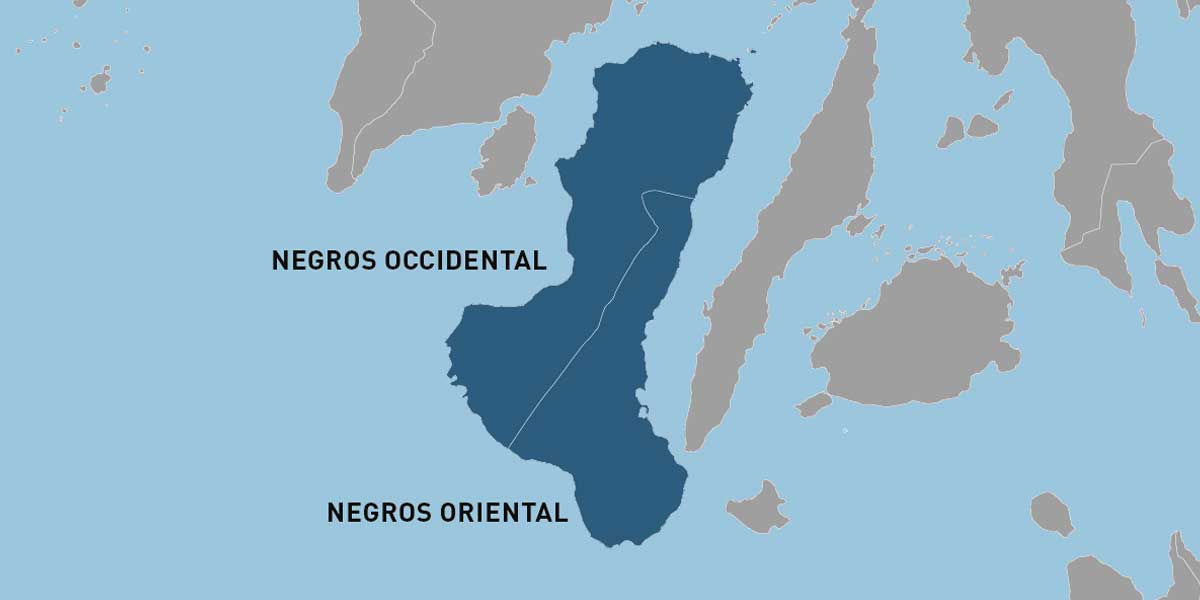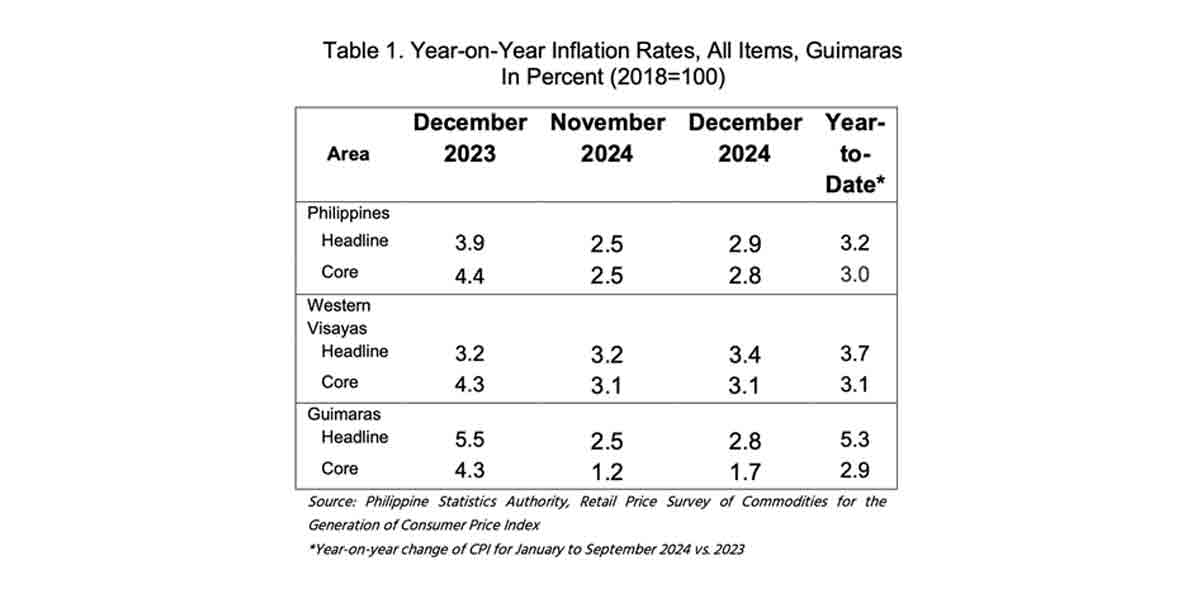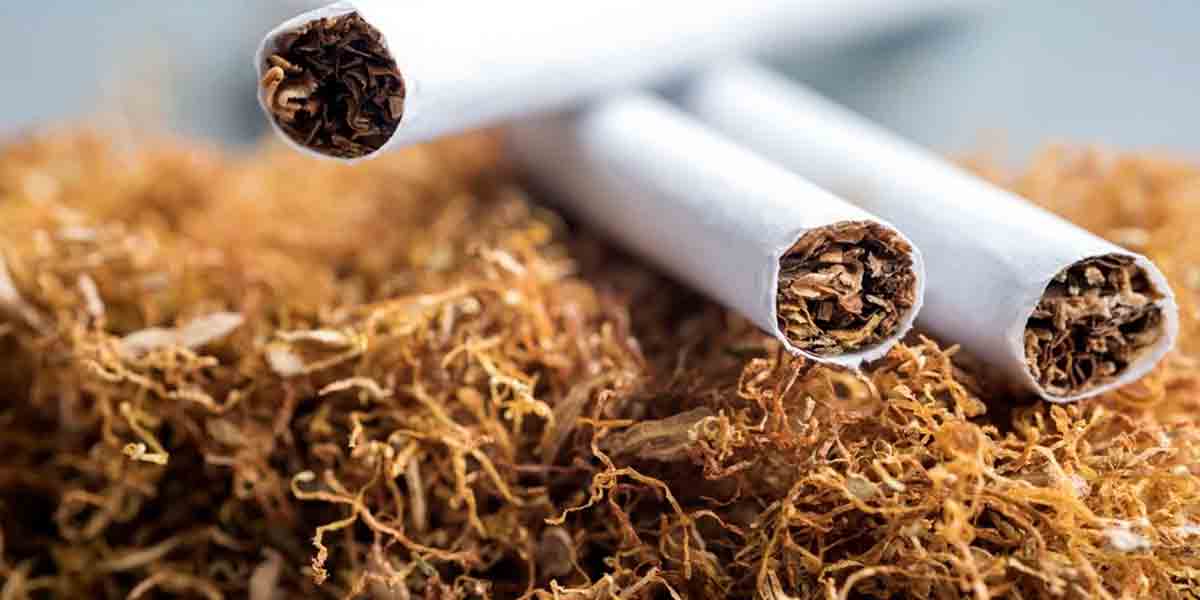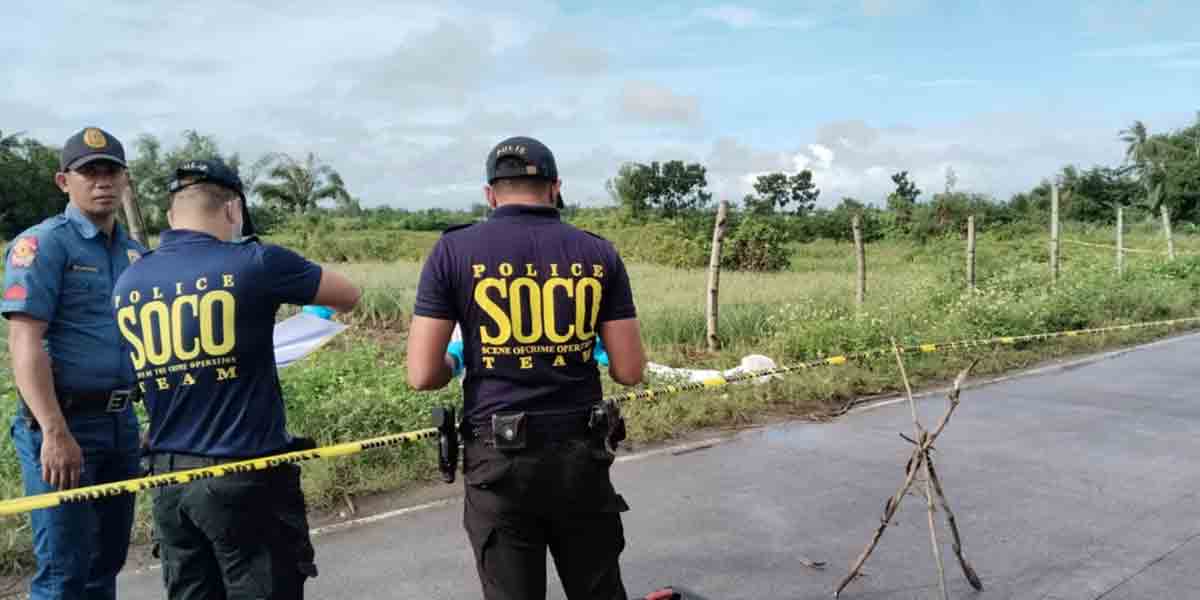 By Alex P. Vidal
By Alex P. Vidal
“I’m very pro vaccine. I get all six of my kids vaccinated. I believe vaccines save millions of lives, and people ought to be getting vaccinated.” — Robert Kennedy, Jr.
LET us not be confused.
Let’s be informed and remain vigilant.
Authorities should refrain from giving us false hopes now that China is reportedly a cinch away from developing a vaccine and, recently, Russia joined the fray with their much-ballyhooed “Sputnik-V” vaccine.
We can’t be “back to normal” by December 2020 as what President Rodrigo R. Duterte had promised “by the grace of God” in as far as our suffering from the novel coronavirus disease (COVID-19) is concerned.
“My plea is to endure (restrictions) some more. Many have been infected,” Duterte said during a pre-recorded address aired on August 7. “If you can endure until December … China is first (in the vaccine race).
“I promise you by the grace of God I hope by December we will be back to normal … let’s just wait for the vaccine. It’s almost here. I told you I have been praying to God for a guiding light so that these guys can make the vaccine.”
If he was referring to the vaccine China had “first” approved, there’s no assurance it will be available and ready to save mankind from the deadly virus that has killed nearly 800,000 people worldwide four months from now.
On the other hand, the next four months of our lives in the remaining sunlight of 2020 will be scarier with or without the vaccine from China.
-o0o-
Assuming that the China vaccine will get the approval of the World Health Organization (WHO) or will pass the Phase III trials, December 2020 won’t be the most likely magic month.
Assuming also that Sputnik-V will also get the same status, it may not be available within four months from now or in December 2020.
No less than Russian President Vladimir Putin has said the vaccine, developed by Russia’s Gamaleya Research Institute of Epidemiology and Microbiology and based on other coronaviruses that cause harmless colds that has been tested on several dozen people, including military personnel and researchers themselves, would be available to the general public on Jan. 1, 2021.
Russia is among the countries hit hardest by the pandemic, with nearly 900,000 confirmed coronavirus cases and more than 15,000 COVID-19 deaths, as of August 11, according to a tally kept by Johns Hopkins University.
Although the official number of cases has steadily declined in recent weeks, the country still has the fourth-highest number of cases.
Putin is eager to show progress in fighting COVID-19, which he initially downplayed, and even the name of the vaccine, which hearkens back to Soviet Russia’s first artificial satellite in 1957, is reminiscent of a Cold War-era scientific triumph.
-o0o-
AN Ilonggo worker from Lambunao, Iloilo, Rommel Leal, 49, now living in Queens, New York City, has made a very interesting suggestion for the Democrats led by Speaker Nancy Pelosi of California and the Republicans led by Kentucky Senator Mitch McConnell after they failed to agree on the amount spelled out in the Health and Economic Recovery Omnibus Emergency Solutions Act or the HEROES Act passed by the Democrats-led House of Representatives in May by the 116th U.S. Congress.
Leal said Pelosi and the Democrats should have agreed with the Republicans to continue with the $600 weekly stimulus unemployment pay for 24 million unemployed Americans while they were still in deadlock whether to lower the amount to $200 as pushed by the Republicans.
The House bill responds to the COVID-19 outbreak and its impact on the economy, public health, state and local governments, individuals, and businesses.
-o0o-
Among other things, the bill provides FY2020 emergency supplemental appropriations to federal agencies; payments and other assistance to state, local, tribal, and territorial governments; additional direct payments of up to $1,200 per individual.
It also expands paid sick days, family and medical leave, unemployment compensation, nutrition and food assistance programs, housing assistance, and payments to farmers; modifies and expands the Paycheck Protection Program, which provides loans and grants to small businesses and nonprofit organizations; establishes a fund to award grants for employers to provide pandemic premium pay for essential workers.
The bill expands several tax credits and deductions; provides funding and establishes requirements for COVID-19 testing and contact tracing;
eliminates cost-sharing for COVID-19 treatments; extends and expands the moratorium on certain evictions and foreclosures; and
requires employers to develop and implement infectious disease exposure control plans.
The bill also modifies or expands a wide range of other programs and policies, including those regarding Medicare and Medicaid, health insurance, broadband service, medical product supplies, immigration,
student loans and financial aid, the federal workforce, prisons, veterans benefits, consumer protection requirements, the U.S. Postal Service,
federal elections, aviation and railroad workers, and pension and retirement plans.
When both Democrats and the Republican could not agree on anything, President Donald Trump was forced to issue executive orders (EO) which earned the ire of the Democrats and further delayed the stimulus checks of $1,200 per unemployed American, among other financial windfalls.
(The author, who is now based in New York City, used to be the editor of two local dailies in Iloilo)





















